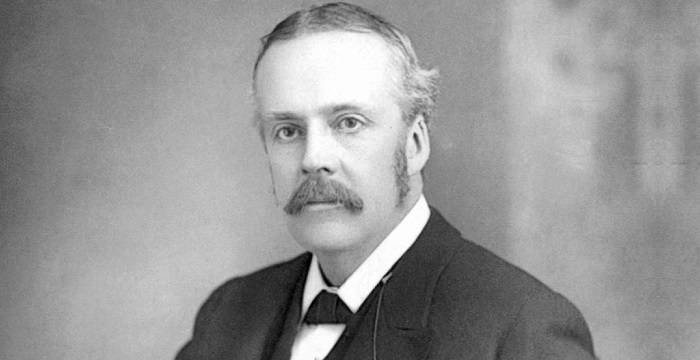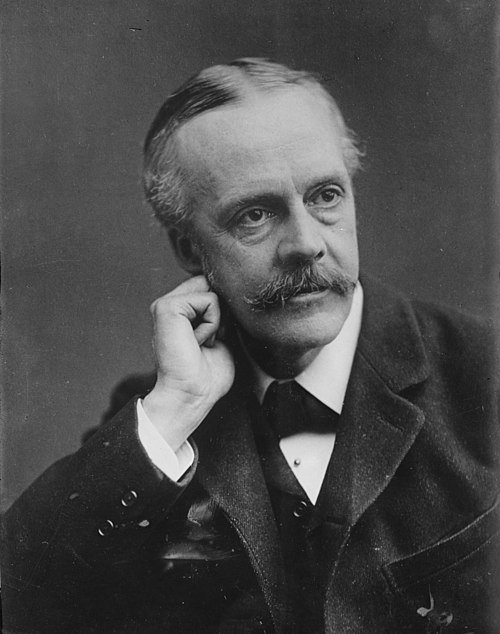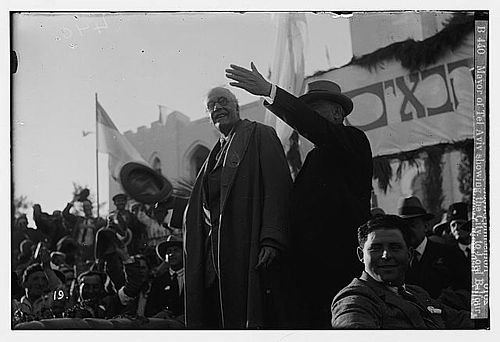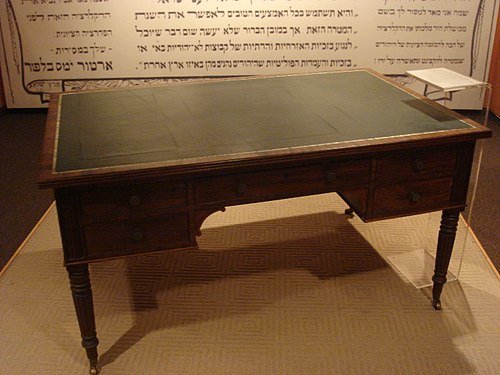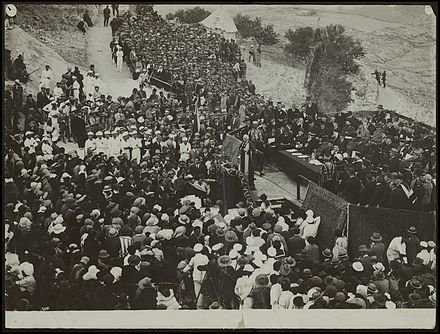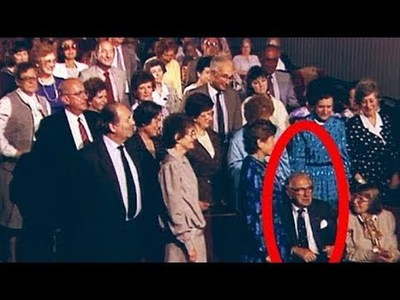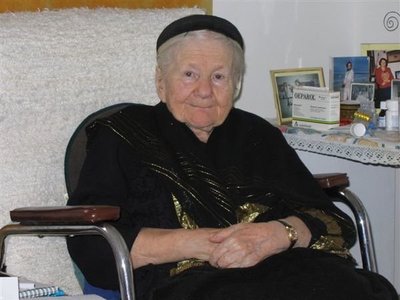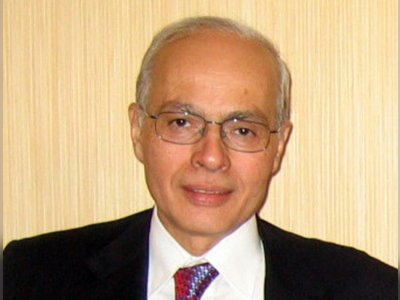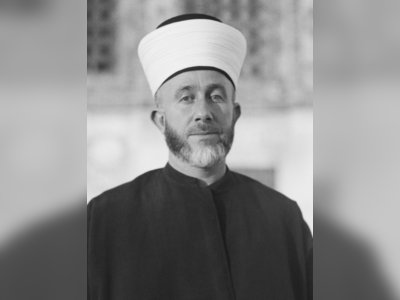Arthur James Balfour, 1st Earl of Balfour
Born on July 25, 1848, and passing away on March 19, 1930, was a prominent British statesman and the Prime Minister of the United Kingdom.
Balfour held several important positions in the British government throughout his career, including Secretary for Scotland, Chief Secretary for Ireland, Chancellor of the Exchequer, and Secretary of State for Foreign Affairs.
He also served as the leader of the Conservative Party. Balfour was a member of various distinguished orders and councils, such as the Order of the Garter, Order of Merit, and the Privy Council of the United Kingdom. Additionally, he served as the President of the British Academy from 1921 to 1928.
Balfour gained significant attention from the Zionist movement due to his familial ties and support for the Balfour Declaration, a statement issued by the British government in 1917 expressing support for the establishment of a "national home for the Jewish people" in Palestine. He was known to have a close relationship with Chaim Weizmann, who later became the first President of Israel.
Early Life and Career:
Arthur Balfour was born in Scotland to a Christian family of English descent, the eldest son of James Maitland Balfour and his wife, Lady Blanche Gascoyne-Cecil. He was educated at Eton College and later attended the University of Cambridge.
In 1874, Balfour was elected as a Member of Parliament (MP) for the Hertford constituency, representing the Conservative Party. He held this position until 1885. In the summer of 1878, he was appointed as the private secretary to his uncle, Lord Salisbury, who was a prominent political figure at the time. This role allowed Balfour to gain early experience in international relations, accompanying Salisbury to the Congress of Berlin.
Balfour's political career continued to evolve as he became more involved in the Conservative Party. In 1885, he joined the Fourth Party, an activist group within Parliament known for its criticism of the Liberal government of Prime Minister William Gladstone and its advocacy for various reforms. However, his parliamentary colleagues viewed him as a young member who remained in politics due to family connections.
Religious Beliefs:
Balfour had affiliations with both the Presbyterian Church of Scotland and the Church of England (Anglican) throughout his life.
In the Government of Lord Salisbury:
When Lord Salisbury, then the Prime Minister, disagreed with the majority of his cabinet, he appointed Balfour as President of the Local Government Board, later as Chief Secretary for Ireland, and subsequently as Chancellor of the Exchequer. Following the death of William Henry Smith in 1891, Balfour was appointed as First Lord of the Treasury and Leader of the House of Commons, becoming the head of the government's legislative agenda.
In 1898, during Salisbury's illness and frequent travels abroad, Balfour also took on the role of Secretary of State for Foreign Affairs. In this capacity, he handled critical negotiations with Russia concerning railway lines in northern China. He played a significant role in initiating the Second Boer War with his understanding of the need to deploy the full military force of the British Army against the Boer guerrillas and their civilian supporters. This decision dramatically altered the course of the war.
Prime Minister and the Balfour Declaration:
After Lord Salisbury's retirement in 1902, Balfour became the Prime Minister of the United Kingdom with the support of various Conservative factions. His tenure began following Britain's victory in the Second Boer War and the accession of King Edward VII. Balfour's government faced challenges, including issues related to education, land reform in Ireland, and a budget surplus that allowed for tax cuts.
During this time, he established the Committee for Imperial Defence, a body for research, coordination, and advice on military strategy, which continued to operate until World War II.
Balfour's most enduring legacy is the Balfour Declaration, issued on November 2, 1917, while he was serving as Foreign Secretary in David Lloyd George's government. The declaration expressed British support for the establishment of a "national home for the Jewish people" in Palestine. This declaration played a pivotal role in the establishment of Israel decades later.
Later Career:
After resigning as Prime Minister in 1905, Balfour remained a prominent figure in the Conservative Party and served as an influential critic of the Liberal Party. When his party joined a coalition government under Asquith's Liberal leadership, Balfour assumed the position of First Lord of the Admiralty.
In 1916, after Asquith's resignation and the appointment of Lloyd George as Prime Minister, Balfour became the Foreign Secretary. He continued to be an essential part of British politics, even though he was often not part of the official cabinet.
Balfour retired from his role as Foreign Secretary following the Versailles Conference in 1919. However, he continued to serve as the President of the British Institute of International Affairs until 1922 when he resigned along with most of the Conservative leadership following internal party disputes.
Legacy:
To honor Arthur Balfour, several places and institutions bear his name, including the agricultural community of Balfouria in Israel, Balfour Forest near Kibbutz Ganigar in the same region, and streets named Balfour in various cities across the country, including Balfour Street in Jerusalem, where the official residence of the Prime Minister is located.
Balfour believed in the compatibility of Christianity and Jewish culture, and he was sympathetic to the Zionist cause. However, despite his support for the Balfour Declaration, he also questioned why the Zionist movement rejected a generous offer made by the British government in 1903.
During his visit to Palestine in 1925, Balfour was met with a controversial incident in Damascus when a protest against him turned violent. Following the disturbance, he was evacuated from the area and continued his travels.
In his later years, Arthur Balfour remained an influential figure within his party, and his role in the issuance of the Balfour Declaration remains one of his most significant contributions to history.
- ארתור ג'יימס בלפורhe.wikipedia.org
